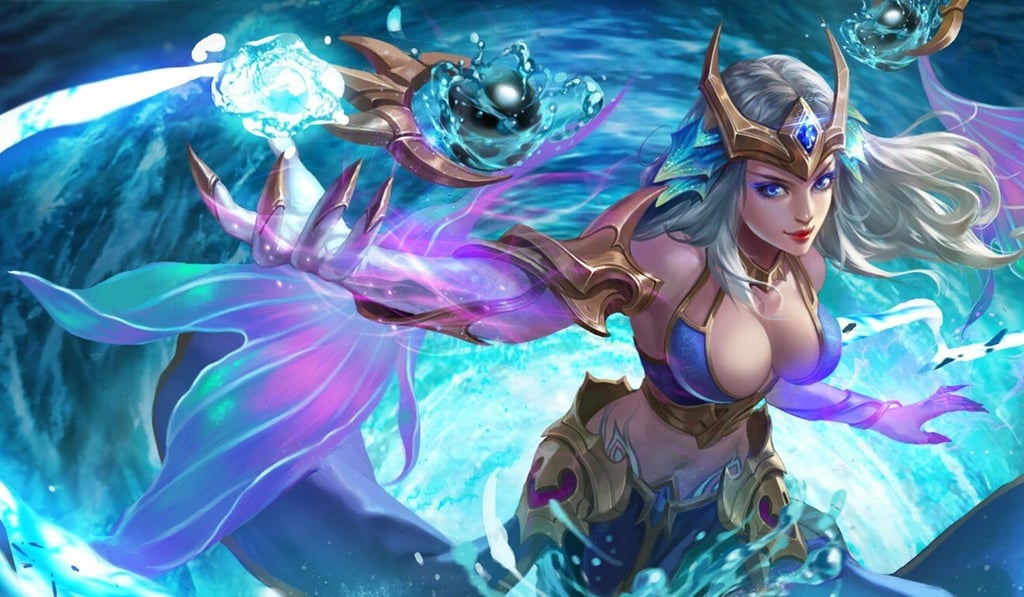Sexism in gaming is rife in China and more stark than ever following comments from CEO behind Black Myth: Wukong
- Women make up nearly half of all gamers in China, but they’re not spending nearly as much money on games as men, the main target audience
- Feminist voices as seen in the #MeToo movement are often censored in China, hurting the push for equality in gaming

As a game concept artist based in Chengdu, Scor Mu knew that having “pretty” and “sexy” female characters was an unspoken industry rule. But the 28-year-old still could not believe a one set of instructions she received last year for designing a new character.
“It needs to give people an urge to masturbate,” the document read, according to Mu. In another document she received for feedback, the company that commissioned Mu’s concept art blatantly said, “Just imagine that she’s the type you most want to f***.”
Mu, who asked to go by a pseudonym, said the words shocked her. Despite industry norms, she said it was still unusual to get written instructions in such explicit language. But that is just a glimpse of the rampant sexism that still openly exists in China’s gaming industry, typically without recourse.
When asked whether she would file a complaint to her company about the incident, Mu suggested it was pointless. That’s just how the industry is, she said, and there’s no other way forward than to be patient and do the job.
“Sometimes you have to ignore all that and comfort yourself by thinking that their feedback is at least timely,” Mu said. “But it really affects your state of mind at work.”

Mu is far from the only woman in China troubled by the country’s gaming environment. Despite a growing number of female gamers in the country, video games are predominantly created by men. And it‘s their preferences and tastes that shape what people consume.